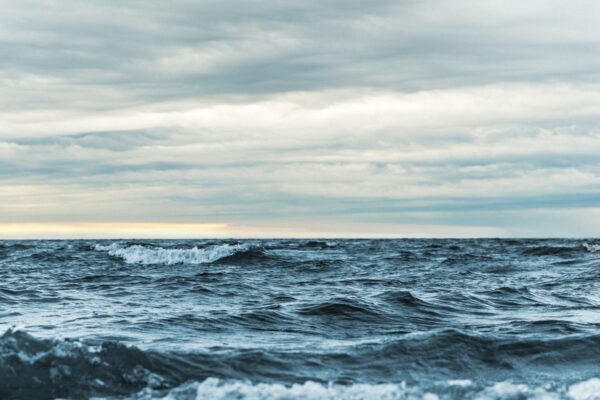With offshore wind scaling up rapidly in the UK ocean, demand for sea-space is increasing. At the same time, there is more evidence than ever before that the ocean is near an ecological tipping point, with marine species in sharp decline.
Wildlife and Countryside Link’s Marine Strategy Group is working on policy proposals to reconcile these two drivers of marine policy. In November, the Group published ‘Guiding principles for marine spatial planning’, setting out how a reformed system of marine planning could deliver both more renewable energy at sea and meaningfully protect more of the ocean for nature.
Some key principles from the document:
- The climate and biodiversity crises are indivisible. It will not be possible to stay within 1.5oC of global warming without addressing the biodiversity crisis, nor will it be possible to halt the decline of nature without preventing dangerous climate change.
- In November 2022, the UK Government signed the Kunming-Montreal Global Biodiversity Framework. Target 1 states that Governments will “ensure that all areas are under participatory, integrated and biodiversity inclusive spatial planning and/or effective management processes addressing land- and sea‐use change, to bring the loss of areas of high biodiversity importance… close to zero by 2030.”
- Along with existing pressures of unsustainable industrial fishing in UK waters, the UK is now entering a new phase of marine industrialisation through large scale development of offshore wind, alongside developments such as telecoms cables and proposals for CO2 The misguided commitment to grant hundreds of new oil and gas licences will add unsustainable pressure to the offshore environment, as well as contributing to greenhouse gas emissions and ongoing dependence on fossil fuels. Approval of oil and gas licenses within designated MPAs and SACs further erodes commitments to restore biodiversity.
- Preventing climate change and restoring biodiversity must be the highest priorities in the planning of UK seas.
- Marine plans are essential for managing conflicts emerging from the growing number of activities at sea, yet current plans are obsolete;they will not enable the timely construction of 50GW of offshore wind capacity by 2030 in a manner compatible with legally-binding targets for nature’s recovery. Nor do they have a spatial element to guide where development should most sustainably be located.
- Major elements of the fisheries sector have been operating unsustainably and Government has not set out a viable strategy for change. In 2022, 51 of 79 Total Allowable Catches were inconsistent with ICES’ scientific advice on sustainable fishing limits and 7,000 hours of fishing activity used destructive bottom-trawling techniques in Marine Protected Areas. Government proposals to restrict fishing in MPAs continue to be limited in scope, protecting only a fraction of features, rather than whole sites, leaving MPAs largely unprotected.
- As unprecedented development ramps up at sea, a failing planning system risks an excess of overall activity. This will harm the UK’s already depleted seas, pushing the marine environment beyond its limit. Overall, the current marine planning system is failing to embed the Government’s legally-binding targets on both climate and nature.
You can read the full document here.
